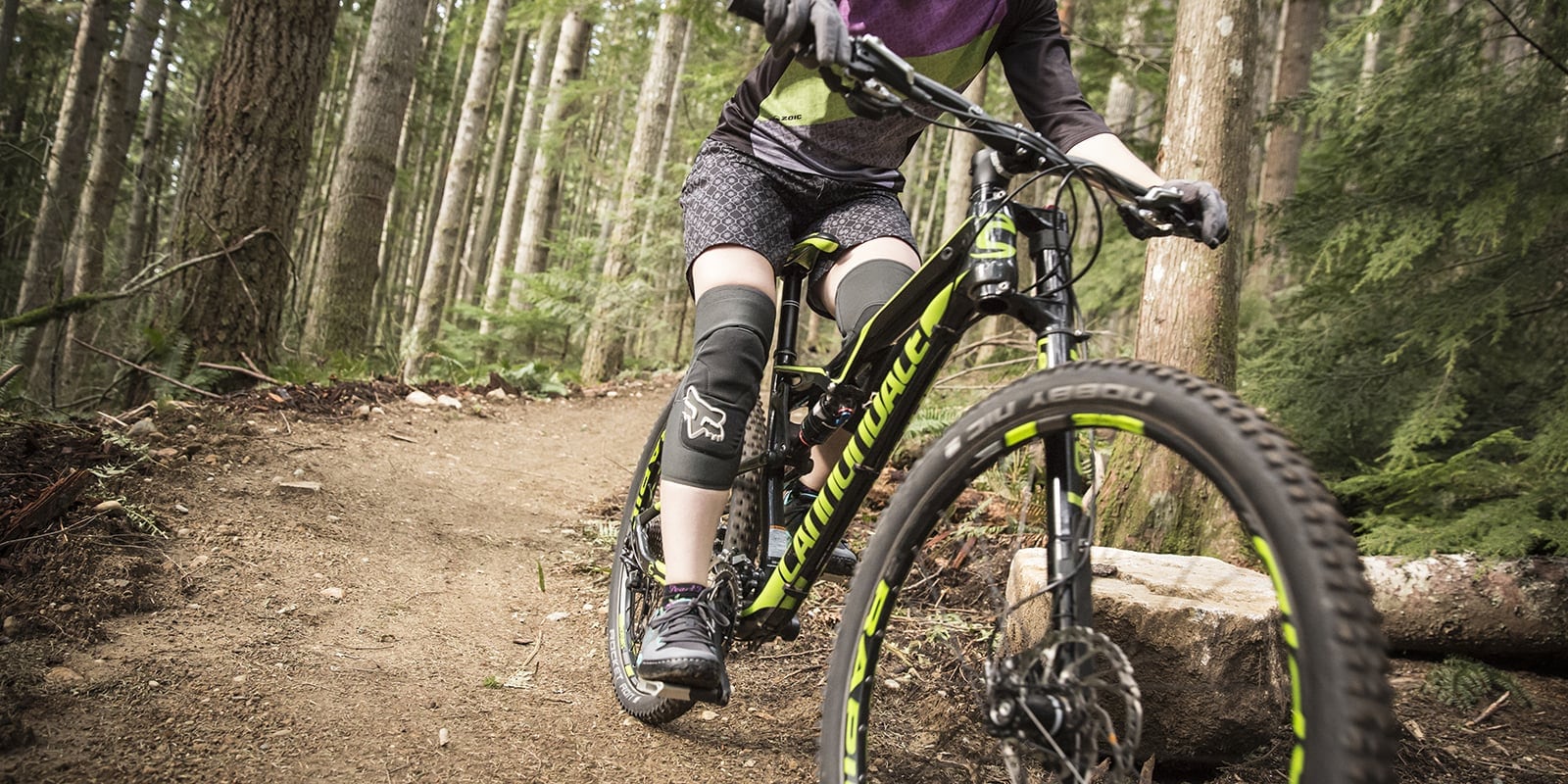Tubeless tire technology is not new. In fact, it has been a standard in the mountain biking industry for some time. The bike industry took a long time to complete the update, but the companies gave their understanding and built bikes, tires and accessories.
As an enthusiastic mountain biker, I've always wondered why cyclists get stuck in tubes. All they have is pain - places to push, extra weight, a huge mass of rotation. The advice for a wireless installation is excellent: light, low pressure (more comfort and control), less rotating mass and less flattening. The biggest obstacle to the tubeless switch on the street seems to be adapting, which can take time and practice and can be quite painful.
I recently decided to go out on the cornerless street and did a lot of research before installing it. My reason for the change was the promise of increased comfort and easier mounting (I was looking for a larger tire for less rolling resistance). It sounds pretty simple on paper: make sure there are no bubbles of ribbon on a wireless cable without wheels. Extend the trunk of the pipeline along the strip. A rubber ball is placed on the wheel; Place the other side of the tire on the wheel; use a compressor or pump to reset the pump to install the animal and raise it to 60 psi (you heard some noise when doing this). Unload the tires and clean the valve core; Pour the recommended sealant through the valve insert into the tire. Reinstall the valve body and rebuild the 60psi tire so that the inside of the tire is closed and all spaces are closed. Okay, so easy anyway ...
It's good, but the fact is that it will take a lot of effort. It took me three tries before I finally lost and I left it to the good guys (they needed three more tries to seal the wheels). Science is not perfect, but the problem is worth it. The journey is flexible and extremely comfortable. It turns out to be fair. There are more cornering turns and if it seems contradictory, rolling the tire with less pressure reduces the rolling resistance and makes it faster. I also found myself looking for more difficult routes than my usual configuration and I traveled with confidence the usual route. I also selected wheels and tires that can support a gravel pit but are still safe on the sidewalk.
Of course, the pictures are for everyone. Isn't it you could be happy with the pipes and that's fine. But for those looking for faster, easier, and more comfortable driving, the cheat car is uninspired. Sure, setup can be tedious, but it's worth it. If you are trying to test yourself without pipes, you just have to do it.
As an enthusiastic mountain biker, I've always wondered why cyclists get stuck in tubes. All they have is pain - places to push, extra weight, a huge mass of rotation. The advice for a wireless installation is excellent: light, low pressure (more comfort and control), less rotating mass and less flattening. The biggest obstacle to the tubeless switch on the street seems to be adapting, which can take time and practice and can be quite painful.
I recently decided to go out on the cornerless street and did a lot of research before installing it. My reason for the change was the promise of increased comfort and easier mounting (I was looking for a larger tire for less rolling resistance). It sounds pretty simple on paper: make sure there are no bubbles of ribbon on a wireless cable without wheels. Extend the trunk of the pipeline along the strip. A rubber ball is placed on the wheel; Place the other side of the tire on the wheel; use a compressor or pump to reset the pump to install the animal and raise it to 60 psi (you heard some noise when doing this). Unload the tires and clean the valve core; Pour the recommended sealant through the valve insert into the tire. Reinstall the valve body and rebuild the 60psi tire so that the inside of the tire is closed and all spaces are closed. Okay, so easy anyway ...
It's good, but the fact is that it will take a lot of effort. It took me three tries before I finally lost and I left it to the good guys (they needed three more tries to seal the wheels). Science is not perfect, but the problem is worth it. The journey is flexible and extremely comfortable. It turns out to be fair. There are more cornering turns and if it seems contradictory, rolling the tire with less pressure reduces the rolling resistance and makes it faster. I also found myself looking for more difficult routes than my usual configuration and I traveled with confidence the usual route. I also selected wheels and tires that can support a gravel pit but are still safe on the sidewalk.
Of course, the pictures are for everyone. Isn't it you could be happy with the pipes and that's fine. But for those looking for faster, easier, and more comfortable driving, the cheat car is uninspired. Sure, setup can be tedious, but it's worth it. If you are trying to test yourself without pipes, you just have to do it.

.png)





.jpg)


.jpeg)
No comments:
Post a Comment
We love comments! We appreciate your queries but to protect from being spammed, all comments will be moderated by our human moderators. Read our full comment policy here.
Let's enjoy a happy and meaningful conversation ahead!